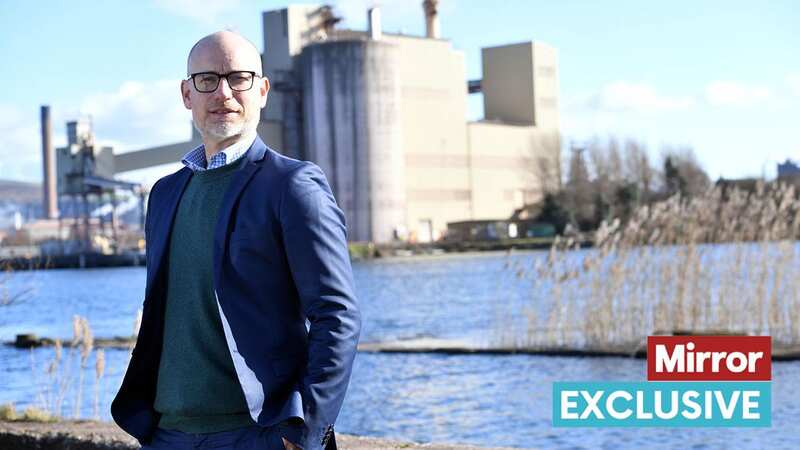British steelmaking facing 'lethal cliff edge' as thousands wait to hear fate

Steel bosses were today accused of creating a “potentially lethal cliff edge” for the industry as thousands of workers remain trapped in limbo.
Indian giant Tata shelved making a decision on 3,000 job cuts at Britain’s biggest steelworks, Port Talbot, this week. But unions fear an announcement could come within days as the firm pushes ahead with plans to close blast furnaces and switch to less-polluting electric arc furnaces.
Local MP Stephen Kinnock, who chairs the All-Party Parliamentary Group on Steel, said the “fiasco” was driving “anxiety” among the plant’s 4,000 staff. Employees have “once again suffered huge anxiety as their futures and livelihoods were thrown into a black hole”,” said the Aberavon MP.
He warned Tata against “an act of industrial vandalism that would abruptly destroy our primary steelmaking capacity”. Mr Kinnock added: “We need a plan that is based on a well-built bridge, not a reckless and potentially lethal cliff edge.” This week’s chaos came two months after the Tories announced £500million of taxpayers’ money will be pumped into the factory to help it switch to electric arc furnaces (EAF), which require less manpower.
The firm will inject another £725m under the scheme, following months of negotiations with ministers and officials. Tata was expected to confirm on Wednesday that 3,000 posts would go by March. It was also due to bring to an end “virgin” steelmaking at Port Talbot in South Wales after 121 years, with the mothballing of “heavy end” operations - blast furnaces and coke ovens.
 Teachers, civil servants and train drivers walk out in biggest strike in decade
Teachers, civil servants and train drivers walk out in biggest strike in decade
The Mirror understands it will be at least four years before electric arc furnaces can begin production - and even then the steel produced will not be “virgin” metal but from melted down scrap. Until then, foreign “hot rolled” or “slab” steel manufactured abroad will be imported for use at Port Talbot, where it will be converted into products for use in other sectors.
Mr Kinnock said: “Port Talbot steelworkers will never accept any plan that’s based upon the closing down of our iron and steelmaking facilities and replacing the steel produced with supplies of steel coil made overseas, perhaps even as far off as India, for however many years it will take to build a new electric arc furnace.”
Consultants from Syndex - drafted in by unions - are drawing up plans for ways the sector could decarbonise without widespread job cuts. Mr Kinnock said: “Tata must now engage with the unions and fundamentally rethink their proposals so that a new approach can be agreed - an approach which delivers a properly-managed transition from the current steelmaking processes to one which will create a greener, viable and competitive future both for Port Talbot and Tata Steel UK.” Community union’s general secretary Roy Rickhuss urged Tata to “use this opportunity to pause and engage with the unions, and our experts at Syndex, to develop alternative options to decarbonise our industry”.
A Tata spokesman said: “We believe our £1.25bn proposal to transition to green steelmaking will secure the business for the longer term, bolster UK steel security and help develop a green ecosystem in the region. We are committed to a meaningful information and consultation process with our trade union partners and will carefully consider any proposals put forward.”
The Mirror has been campaigning to Save Our Steel since 2015.
Read more similar news:
Comments:
comments powered by Disqus































